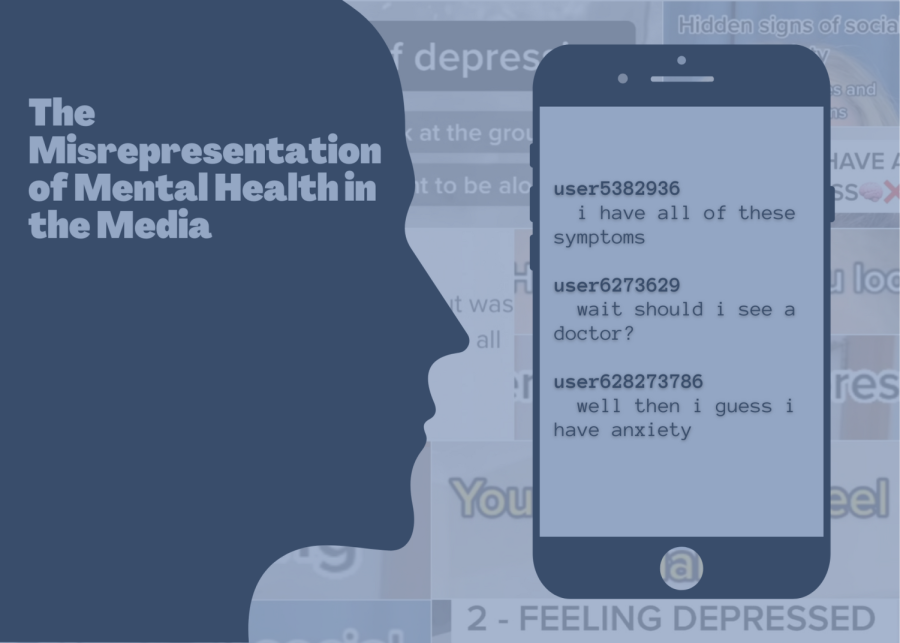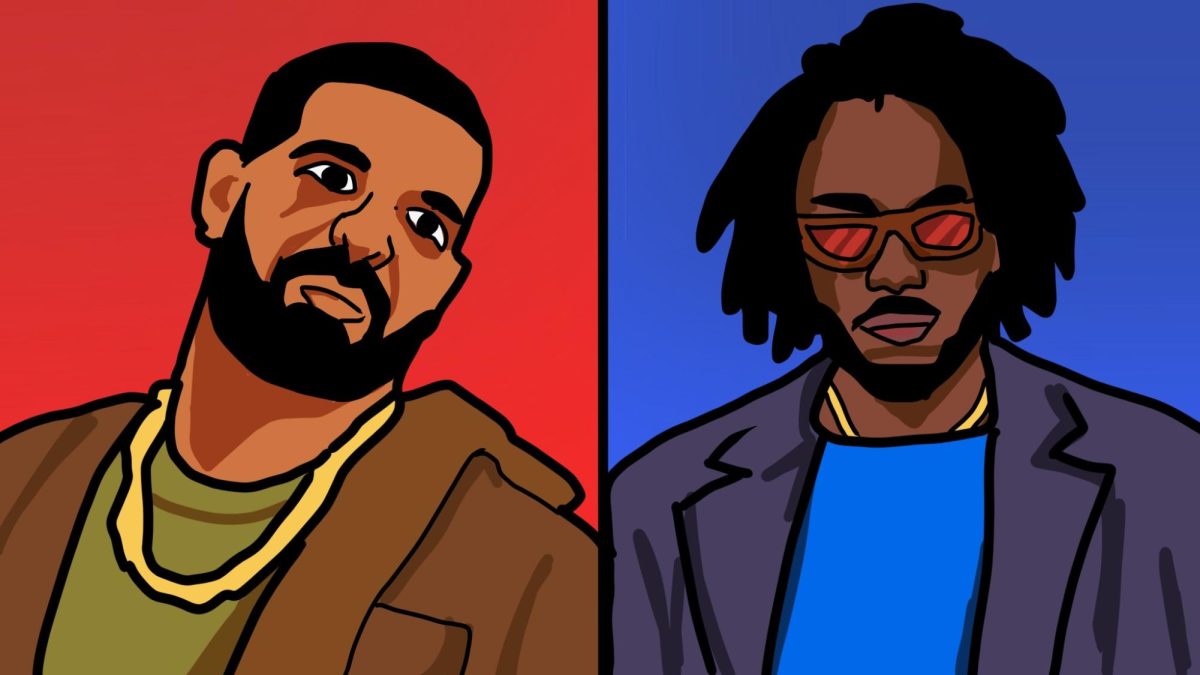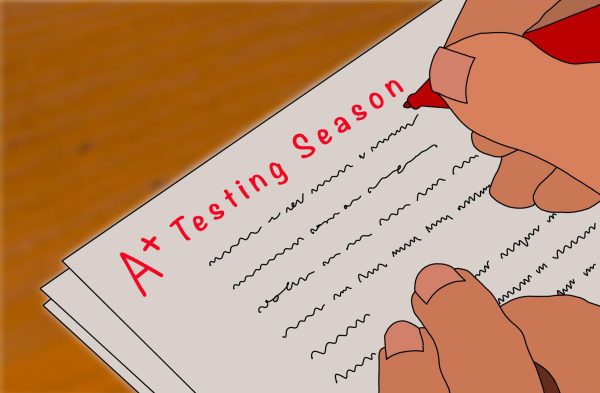Mental Health Information and the Media: Do Both Coincide?
Mental health is much more complex than what is seen in the media, and, though it tries to break the stigma, it might be doing more harm than good.
Apr 6, 2022
Social media, over the course of a short period of time, has become a powerful source for learning from others, whether it is through infographics or well-crafted videos. A common discussion seen across social media is that of mental health. Online communities have formed to speak about mental health, and bring light to aspects that oftentimes go unspoken. While this content means well and can be very helpful, it can quickly become a dangerous tool for spreading misinformation on complex subject matters.
Content creations tend to illustrate mental illnesses or disorders, such as bipolar and anxiety. This style of education is easy to digest and can open the gateway to an informed society that is not afraid to have conversations on previously “taboo” topics. However, this media can also be a steep and slippery slope to the generalization of mental behaviors. It can enforce that “everyone suffers with mental illness” and that it is a “funny” or “quirky” character trait. Many are eager to join this social media sub-world, believing they relate to the videos’ information. Still, such complex issues cannot be summarized in 15 second videos accompanied with broad fragmented sentences as bullet points.
“People have begun to use mental illness like an accessory, especially on Tik Tok. It’s become an exhausting app to enter,” sophomore Anabelle Gonzalez said.
The majority of advice that circulates these platforms is created and viewed by unqualified users, primarily teenagers. Symptoms are often vaguely described and subsequently, comment sections will read “Wow, I have all of these symptoms, so I must have this disorder” or “I’ll have to get on meds.” These incomplete depictions are dangerous to all, especially more vulnerable members of the younger generation who confide in social media for help.
“What’s even scarier than the videos themselves is seeing all the people in the comments self-diagnose themselves with something they’re uneducated on,” junior Isabella Morales said.
Mental illnesses and habits are difficult to describe even for medical professionals, nonetheless through an Instagram story. In fact, doctors have taken a stand to help combat these diagnoses. Dr. Laurel Kramer, psychologist with St. Mary’s Behavioral Health, suggests that teens most commonly self-diagnose themselves with borderline personality disorder, schizophrenia, depression and several others. Without the proper knowledge from an expert, it is possible to fall into a hole of ineffective treatment for the wrong diagnosis or, even worse, treatment for a diagnosis that is not even there.
It is important to recognize that, when done right, social media can become a great advocate for mental health and can lead people to revelations. Finding a simple post after hours of scrolling can be the reason somebody takes the initiative to seek assistance for something outside of their control.
Still, as an alternative to endless swiping, visiting a licensed professional or taking online medical questionnaires can bring you the clarity you deserve.























